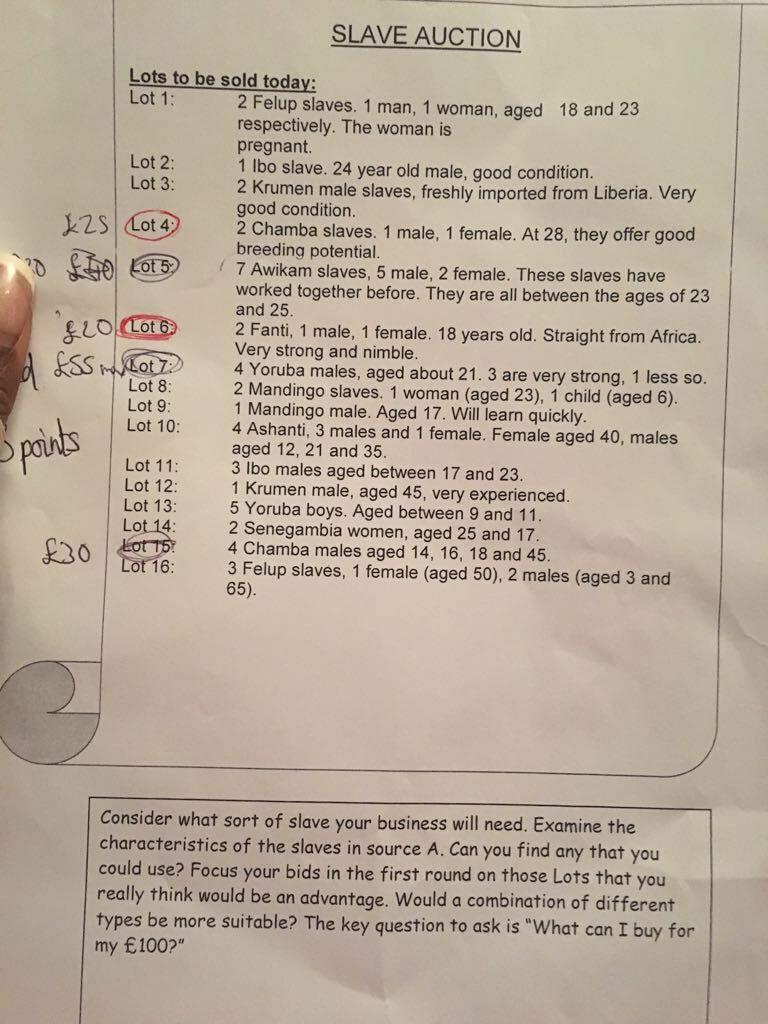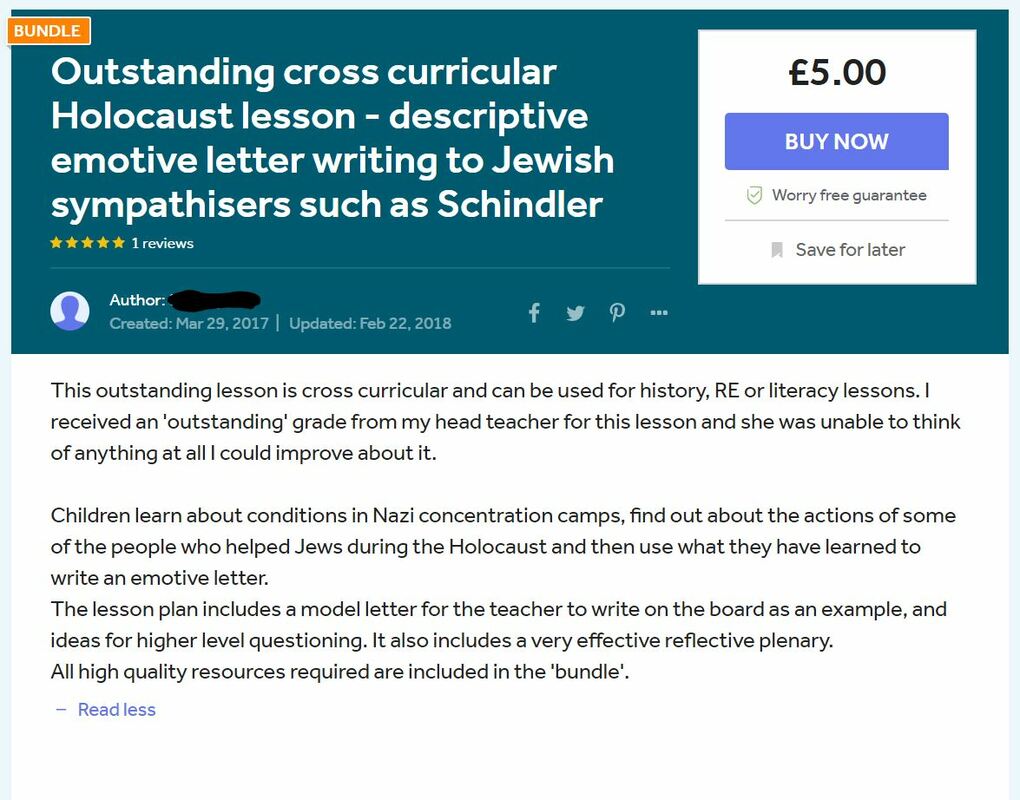In this final blog, I want to explore a more radical solution to the search for the “gold standard” of examinations: it’s abandonment. Indeed, to take a gold rush analogy, it was seldom the gold hunters who profited much from the great gold rushes in America. In fact the gold hunters gave way to huge corporate interests and long term destruction was the result (though the companies certainly did well). Instead it was those who supplied the tools, cooked the food, cleaned the cabins, and provided the clothes who really made the profits (most notably of cause one Levi Strauss). In short, those people who recognised that the opportunities lie in the everyday, not the elusive. So what would this look like?
First, I want to suggest that we need to reconsider the purpose of summative assessment in schools. Up to now, examination has been seen only in terms of measuring the standardised “outcomes” (and thereby potential) of students and schools. However, I would suggest that well designed assessment should in fact be supporting the development of rich curricula, improving teachers’ engagement with their subjects, and promoting deep curricular engagement among students. This in turn would impact on students’ knowledge and understanding, and thereby implicitly their outcomes.
Second, and in order to achieve the above. I think the creation of assessments need to be devolved to the level of schools, or groups of schools working together. This is not the same as saying all work should be coursework, just that the assessments should be designed and set in smaller, local groupings. In such as system, students learning might not be so easily comparable nationally (though this clearly isn’t working well in some subjects anyway), but the improved quality of teaching might well mean better outcomes in real terms, regardless of the grading systems used.
Why are such changes needed?
To understand the power a locally led examination system might have, one must first focus on the problems inherent in assessing a subject, like History or English, where there is no definitive agreement on content at a national level. I have outlined a selection of these below:



 RSS Feed
RSS Feed
